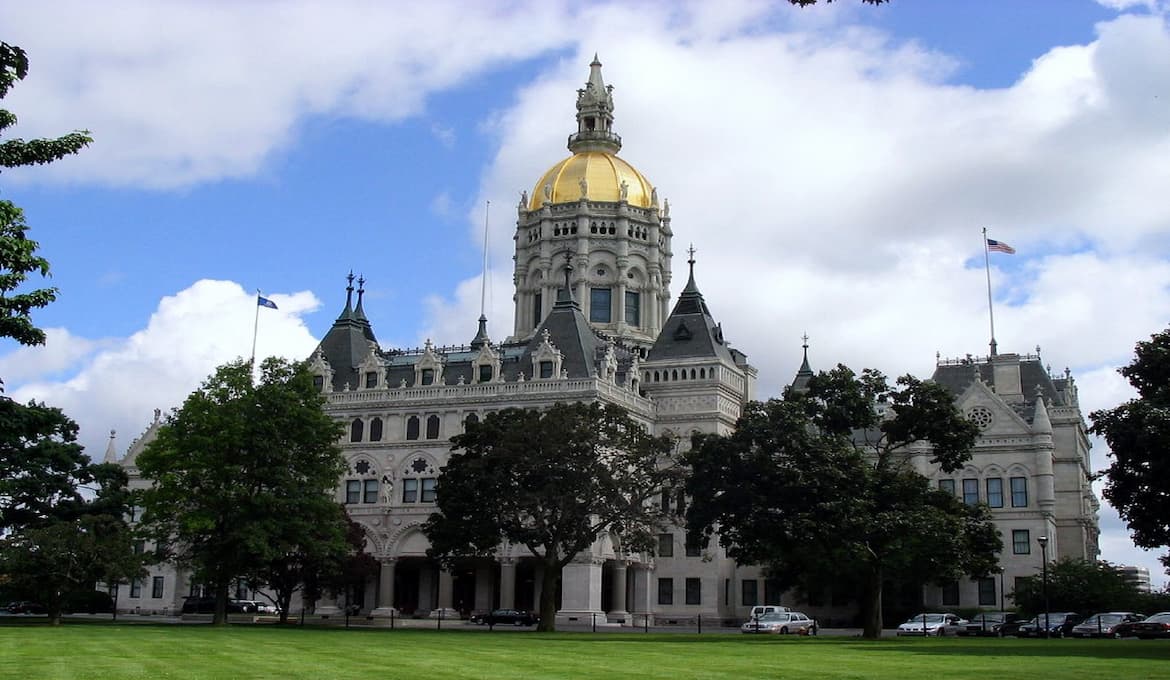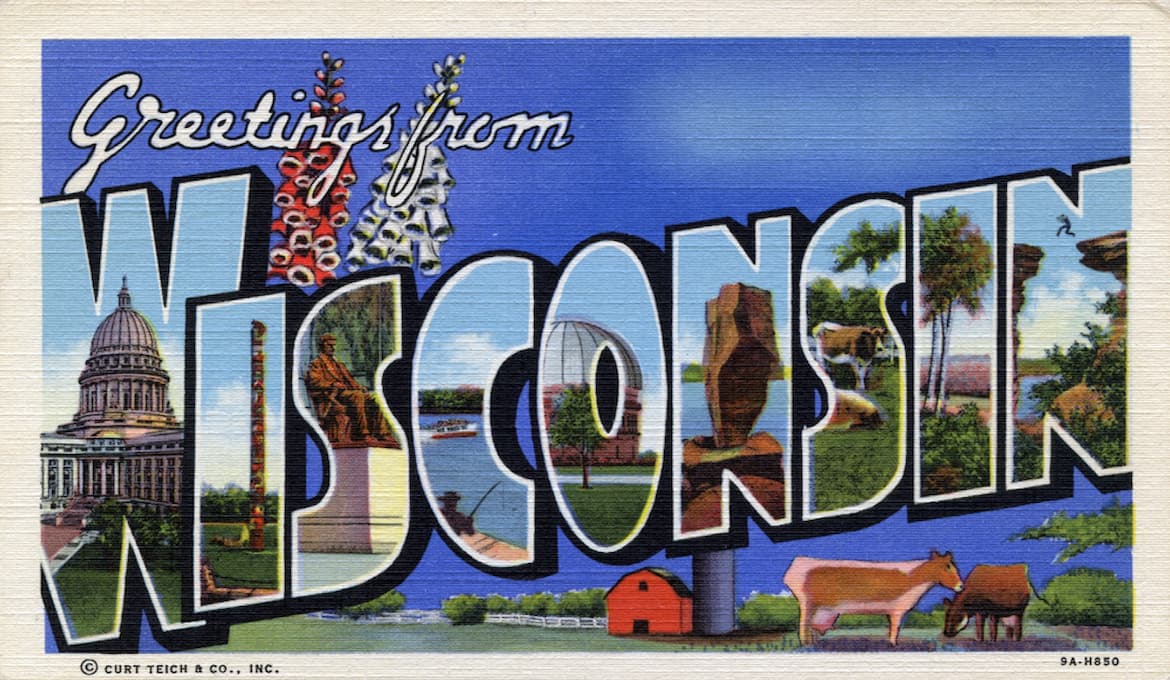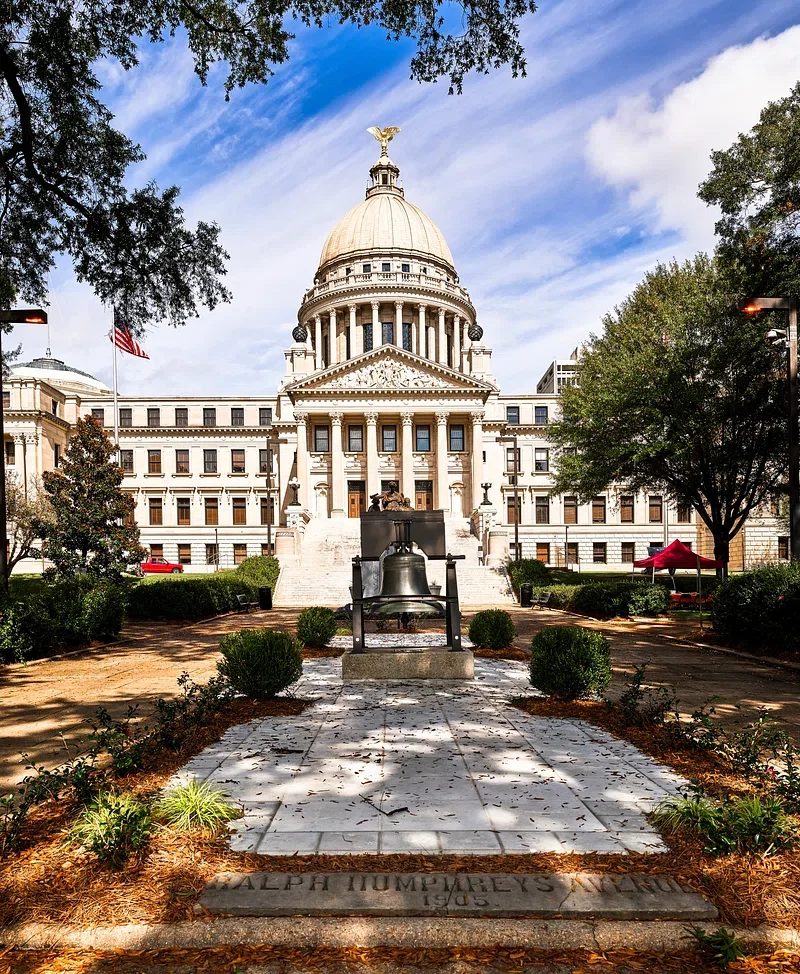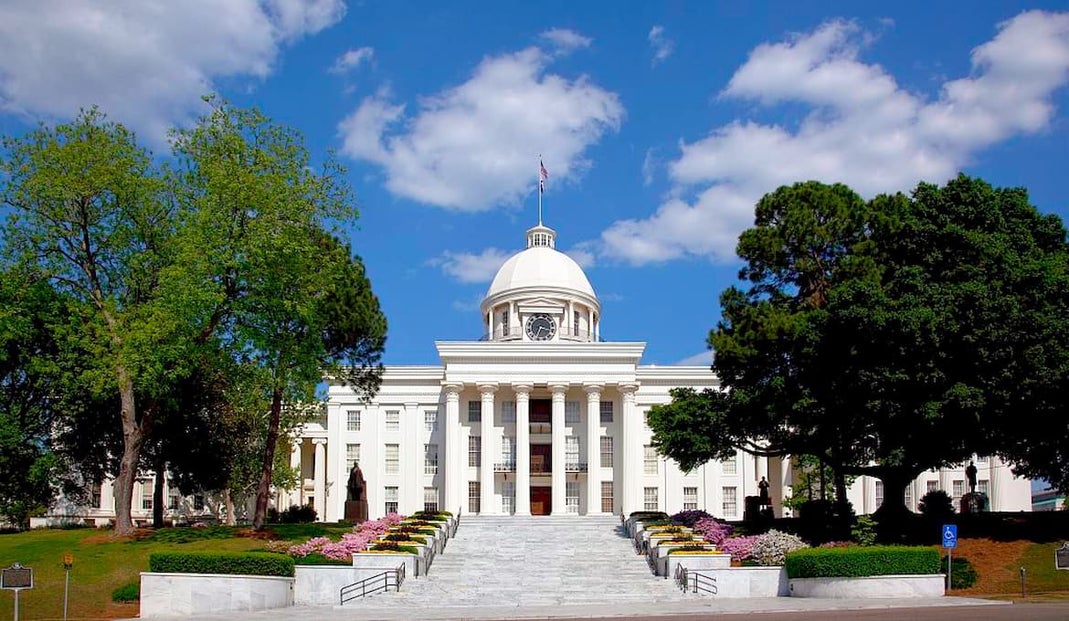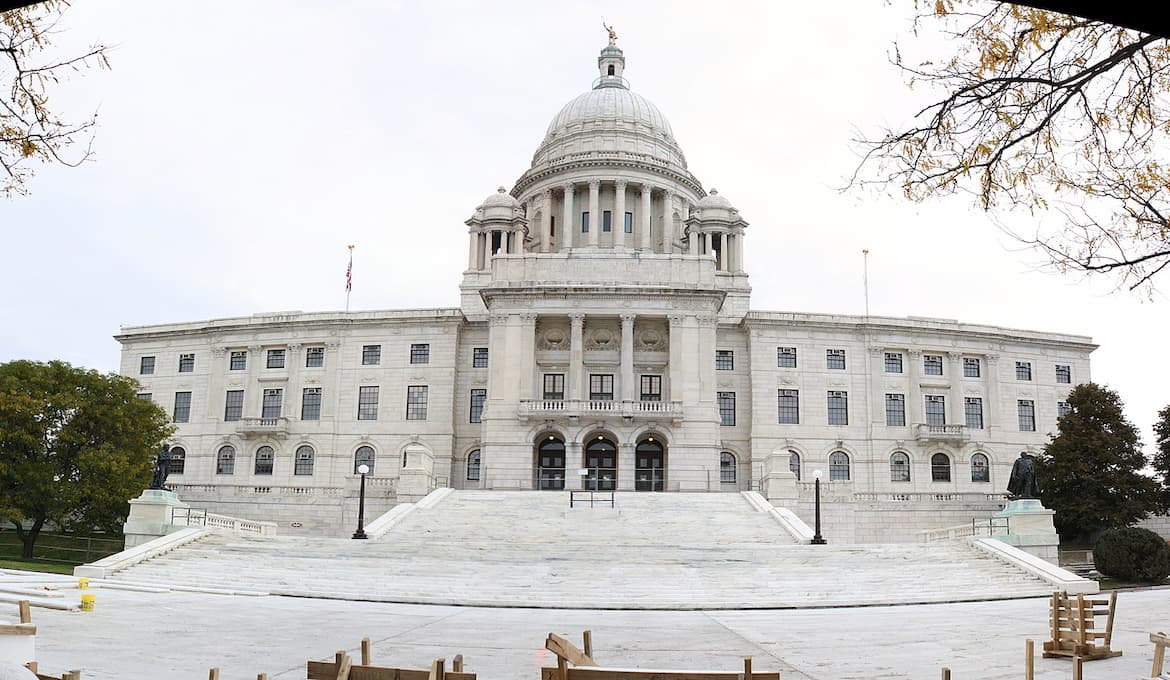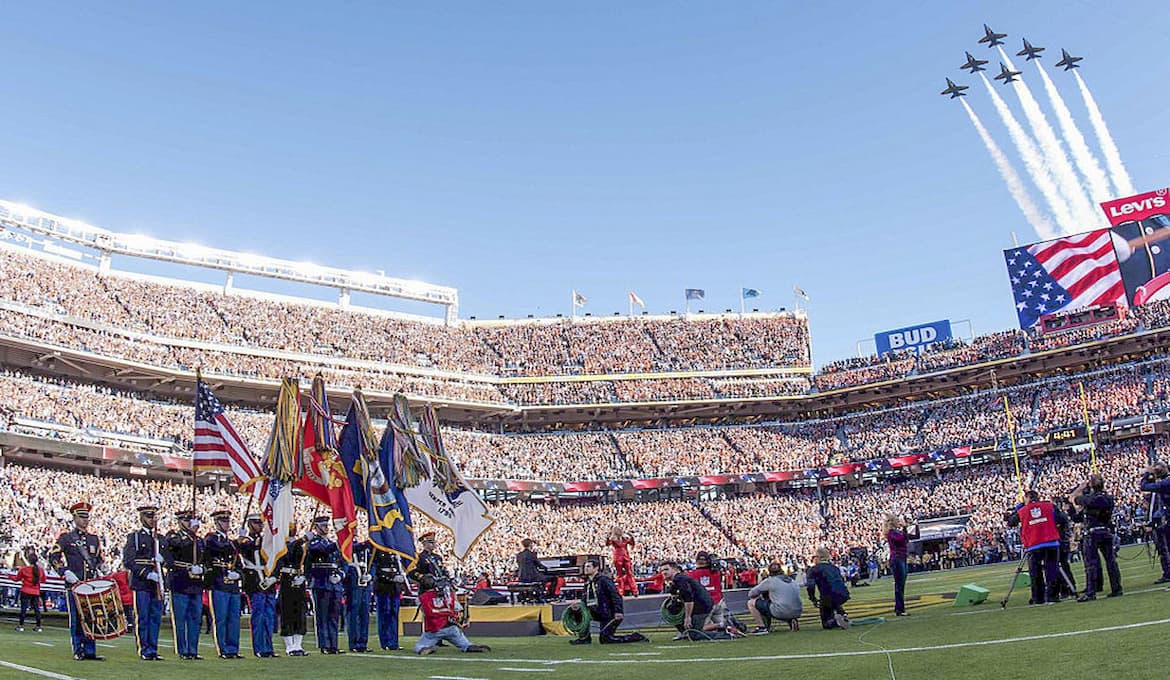Details on the Bills
The first bill being considered is HB 5564, which would limit the amount sportsbooks can hold. While no specific amount is specified, operators are averaging a hold of around 10%.
The second is HB 5565, which would allow customers to opt out of certain sports or wagers. This means sportsbooks would have to hide certain sections on their platforms, depending on the customer's preferences.
The third is HB 5778, which would require two-way markets for the entire bet catalog. This means all bets would have a win-or-lose outcome, eliminating the possibility of a tie or push. This would give bettors better odds, which could make the bill a target for sportsbooks.
The final one is HB 5779, which would establish a process for when sportsbooks discover errors. While the process would be similar to what operators already use, the bill would make it mandatory.
Bill Stops Short of Federal Proposals
While the bills being considered would change the state’s sports betting market, it stops far short of the changes being considered at the federal level. That includes regulations on marketing, which many lawmakers believe are far too lax. While all four bills could help protect bettors, they won’t be enough to stave off the push for federal regulations.
Connecticut’s proposed changes also fall short of those in neighboring Massachusetts. The state has been focused on curbing problem gambling and has proposed changes that closely mirror those being considered at the federal level.
Betting From the Air?
While the four bills proposed by Rep. Tony Scott are aimed at tightening up industry regulations, another bill is looking to do the opposite.
HB 6051 has also been proposed to the state legislature. The bill would allow sports betting to be conducted and regulated on airplanes if they land in or take off from Connecticut. It is the first bill looking to take sports betting to the sky, but it will face an uphill battle.
In addition to working opposite of a nationwide push to further regulate the industry, the bill would also be impossible to enforce if passed. The federal government controls laws for air travel, meaning a change would need to come at this level, even if Connecticut passes HB 6051.


